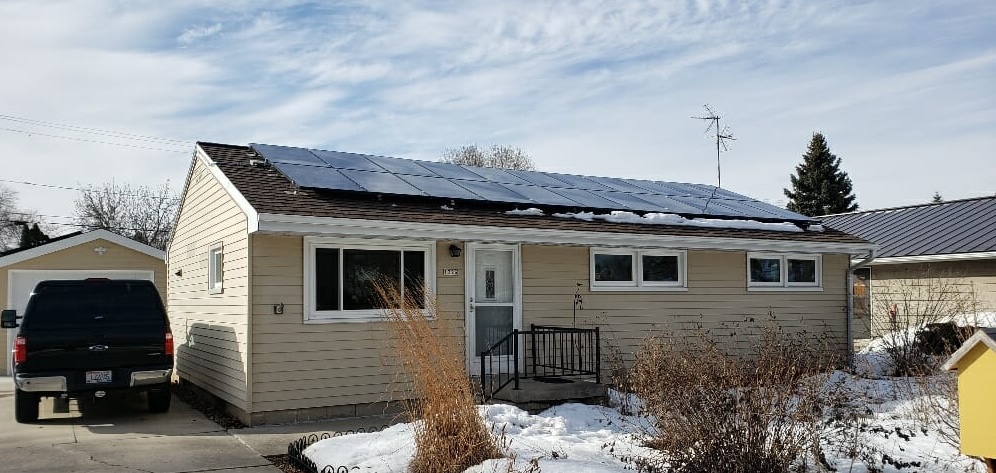The Environmental Protection Agency (EPA) has announced the recipients of the Solar for All grants, with $124 million in funding awarded to the Wisconsin Economic Development Corporation (WEDC) and Midwest Tribal Energy Resources Association (MTERA). This influx of resources will help to accelerate our state’s clean energy transition.
Solar for All will increase access to renewable energy for around 15,000 Wisconsin homes, including single-family, multi-family, or community solar projects. The grant awarded to WEDC will bring $62,450,000 to the state of Wisconsin, this historic investment will increase solar access for Wisconsinites across both rural and urban communities.
This down payment on our state’s clean economy signals a new day for renewable energy solutions for all Wisconsinites. RENEW applauds this critical step toward increased solar access and how it ensures every community can participate and benefit from clean energy. Communities across the state will experience reduced reliance on fossil fuels and expanded clean energy job creation as we build a healthier, more equitable clean energy future.
More on Solar for All:
• The Solar for All competition, which was created by the Inflation Reduction Act’s Greenhouse Gas Reduction Fund (GGRF), will expand the number of low-income and disadvantaged homes primed for residential solar investment.
• Wisconsin is one of 60 states, territories, Tribal governments, municipalities, and eligible nonprofits awarded grants to create and expand low-income solar programs that provide financing and technical assistance, such as workforce development, to enable low-income and disadvantaged households and communities to deploy and benefit from residential solar.
• The Solar for All competition will provide more than $7 billion nationwide to increase access to affordable, resilient, and clean solar energy for millions of low-income households.
RENEW congratulates Governor Tony Evers, WEDC, and MTERA on their work to ensure our state continues to bring renewable energy commitments to our state. This funding will help advance environmental justice efforts by enabling low-income households to access clean, resilient solar power, lowering energy costs, and creating good jobs in underserved areas.

